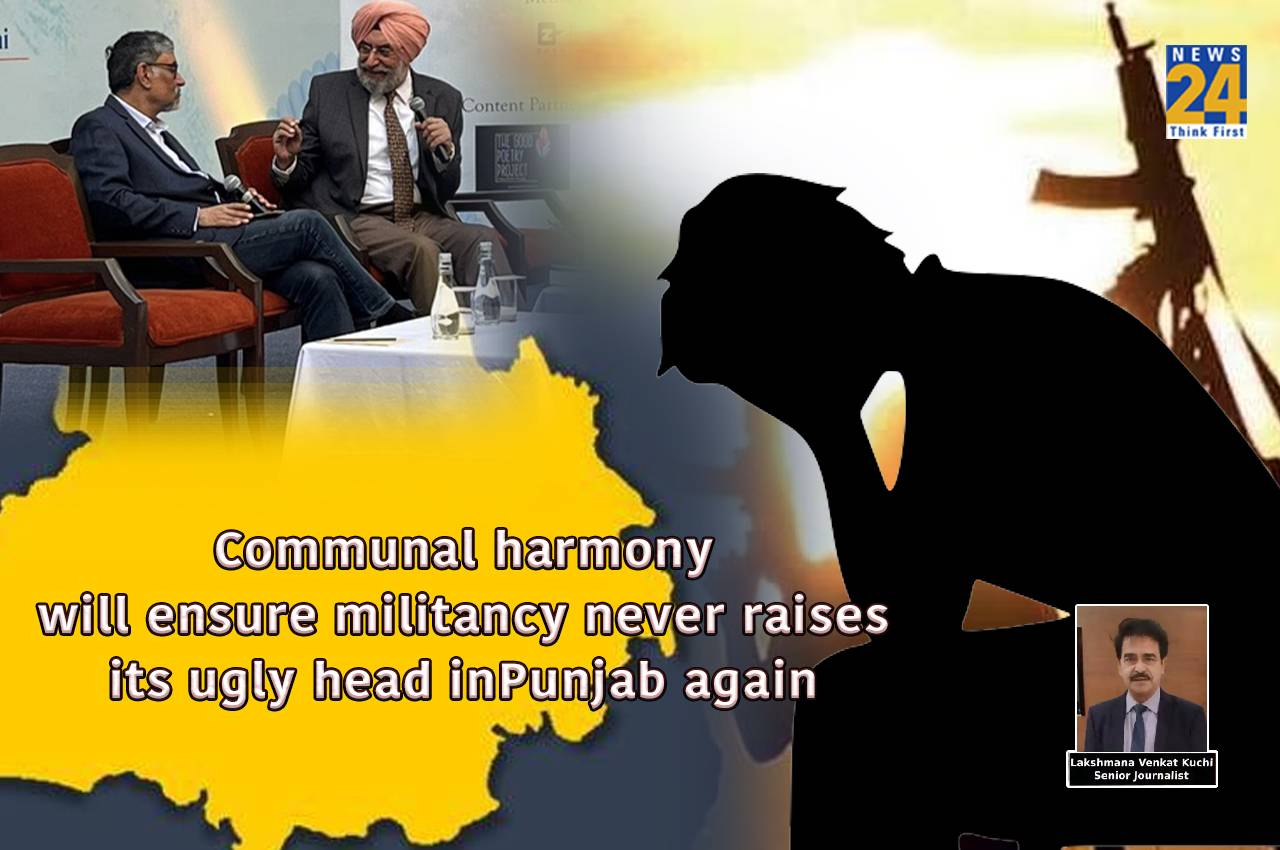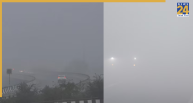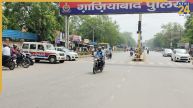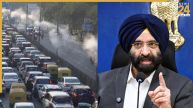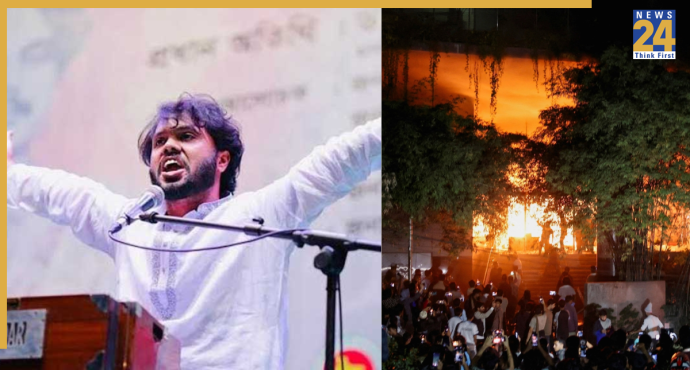Lakshmana Venkat Kuchi, Senior Journalist
@kvlakshman
Punjab, then and even now, could never and can ever separate from India, notwithstanding the nefarious designs from across the border. For the simple reason that Punjabis, the land that has donated the maximum number of warriors to protect the country, will never allow even such thoughts to take shape.
So declares Ramesh Inder Singh, a former Chief Secretary of Punjab, current Chief Information Commissioner of Punjab and who was the Deputy Commissioner of Amritsar during the Operation Blue Star, the military action at the Golden Temple in 1984 to flush out terrorist hidden there.
In his book on the Operation Blue Star and life thereafter, titled Turmoil in Punjab- Before and After Operation Blue Star, Mr Ramesh Inder Singh outlines the neutralising of what was developing into a foreign-driven secessionist mercenary action to foment trouble through attempted communal strife. Endowed with insights into the working of the government, and privy to the plans and strategies to stamp out secessionist tendencies as one of the key persons implanting them on the ground, he does not shy away from calling a spade, a spade and admits few glaring mistakes of the time – essentially in the media management that gave space to rumours, enabling Pakistan to indulge in propaganda and fake narrative building.
In conversation with senior Journalist Vipul Mudgal as part of the Delhi Poetry Festival on Sunday, the author ruled out a rebuilding of the threat from terrorism that gripped Punjab for nearly a decade in the 80s, which also led to the ghastly assassination of former Prime Minister Mrs Indira Gandhi.
“Even at that time, before Operation Blue Star, the common people were not supportive of the militancy or terrorism. It was the fear factor that forced the religious community leaders to give in to misguided youth, who were guided and programmed from across the border,” he said adding “even Sant Jarnail Singh Bhindranwale when he began was just a religious preacher.”
Responding to a question from Mudgal, on whether there was a possibility of terrorism raising its ugly head once again today in Punjab, the Punjab Chief Information Commissioner blandly ruled it out asserting that “the people had rejected them then and will never entertain such thoughts and support such nefarious activities.”
If during Operation Blue Star, the media was escorted out of Amritsar and barred from reporting the operation led to a slew of rumours the Operation Black Thunder that followed later, the media was allowed to record the activities of the militants and show it to the people. “When people saw the truth with their own eyes, they realised the reality and lost all sympathy for the militants,” he said citing reasons for his assertion that Pakistan will fail in Punjab, howsoever hard it may try.
After Operation Blue Star, the journalists were allowed to see the Golden Temple and all that they saw was desecration and destruction, but not what caused the destruction. The media could not see what kind of fortifications the militants did inside the Golden Temple, which itself was sacrilege. They cut marble slabs and put guns and thus desecrating the architecture of the temple. What people saw was destruction, the dead bodies and the stench and squalor. And this cost the government in terms of public perception. But during Operation Black Thunder, media was allowed to photograph, cameras were allowed at high altitude buildings to record and show and capture the entire operation. Firstly, people saw the operation live, and the fact that militants were filing out, with hands held high in surrender, and the sacrilegious acts they carried on inside, meant they lost the peoples support completely, he said.
Black Thunder 2 was the beginning of decline of militancy because people saw the actuality of what these people are. “Media should not be kept out of such operations,” he said and added it was one of the lessons the administration learnt from earlier mistakes.
The objective of Pakistan, that funded and bankrolled militant organisations in Punjab, was not to create Khalistan but to create communal division in Punjab. But the Punjabis have defeated this objective lock, stock, and barrel as 99 percent of the people, barring a miniscule, misguided elements, lived a life of peaceful harmony with the other community. This was so even after the unfortunate violence in Delhi and other places, following Mrs Gandhi’s assassination, when the community that prided itself as the sword arm of India was lynched on the streets, Sikhs and Hindus continue to live in perfect harmony till date and this is the biggest protection the country has against any future attempts at this, Ramesh Inder Singh said.
(Lakshmana Venkat Kuchi is a senior journalist tracking social, economic, and political issues and takes a keen interest in sports as well. He has worked with prominent news organisations.)

